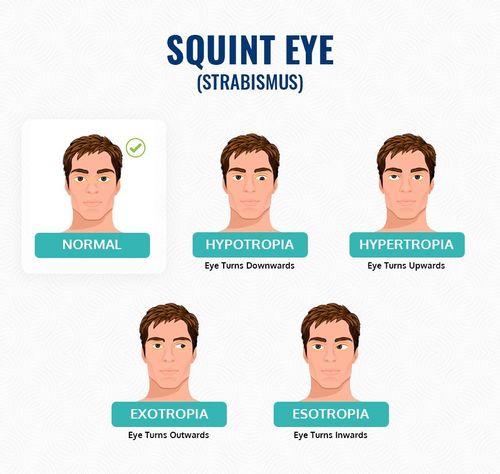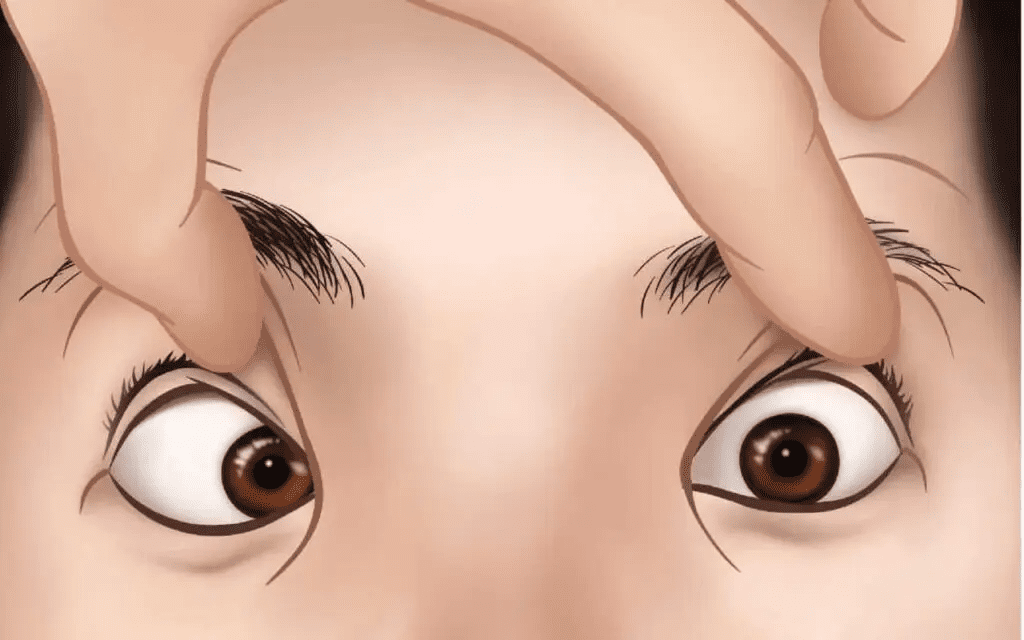Can Squint Eye Cause Vision Problems?
Yes, squint eye (strabismus) can cause vision problems, particularly if left untreated. The eyes are designed to work together, allowing for binocular vision, depth perception, and a clear, three-dimensional view of the surroundings. When one eye deviates from its normal alignment, as seen in squint, it can lead to several vision-related issues, including: 1- Amblyopia […]


